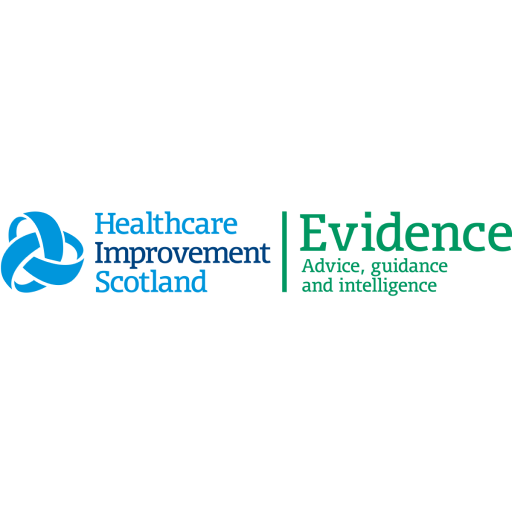People experience and express their gender identity in different ways and at different points across their lifetime. Some people may access services for support as they question their gender identity. Others may be seeking to start the process of transitioning, retransitioning or detransitioning. Some people accessing gender identity services may require ongoing care, support, monitoring and treatment throughout their lives.
Throughout the standards, the term person/individual is used inclusively and covers transgender and non-binary people.
Gender identity healthcare is a term used by NHSScotland to refer to the care and support people can access if they experience distress caused by gender incongruence or gender dysphoria. It includes interventions that may be non-surgical, surgical and pharmaceutical.1-3 There are currently four gender identity clinics in Scotland that provide specialist clinical support delivered by multidisciplinary teams. These services are based in NHS Grampian, NHS Greater Glasgow and Clyde, NHS Highland and NHS Lothian. The service for young people is located in NHS Greater Glasgow and Clyde and accepts referrals from across Scotland.
In recent years, there has been an increase in the number of people accessing specialist gender identity services in Scotland.2, 3 Recent evidence has identified the need for gender identity services to improve capacity and access.3-5 People report experiencing challenges when accessing gender identity healthcare, including:
- inconsistency of gender identity service provision across Scotland
- inequality of access across different geographical areas
- frustration with length of time for initial assessment and between appointments
- lack of accurate information regarding likely waiting times
- ‘misgendering’ or ‘deadnaming’ in correspondence and other errors in information recording.4, 5
Access to high-quality, evidence based and equitable healthcare is essential to improving the health and wellbeing of society.6-8 Healthcare services should ensure appropriate and responsive delivery and interventions for everyone who needs them.6
The aim of these standards is to ensure national consistency in the multidisciplinary delivery and coordination of high-quality gender identity healthcare which is based on current evidence and best practice. The standards aim to support current and future service provision and national improvements.3
